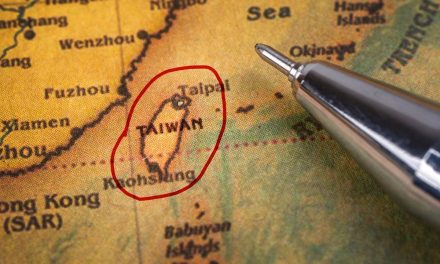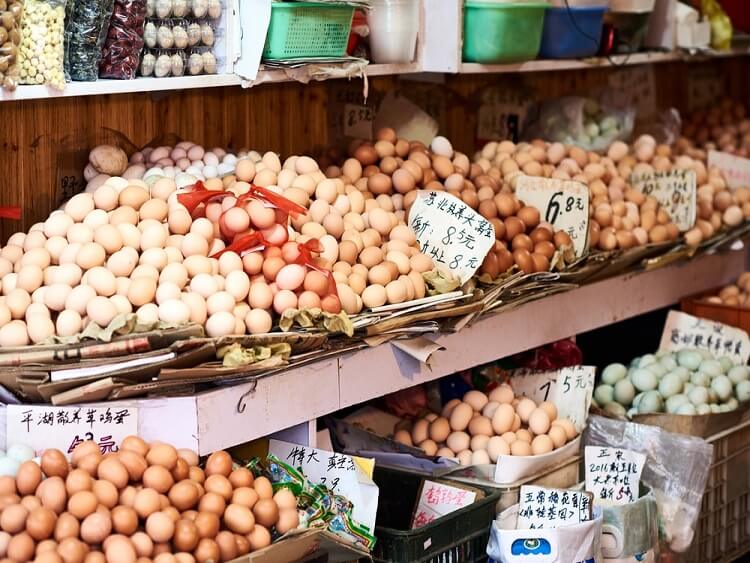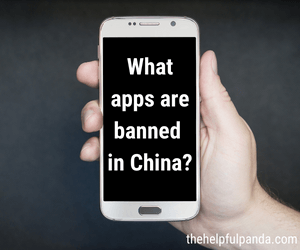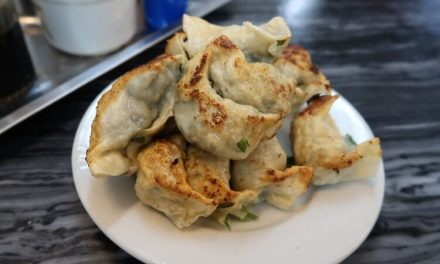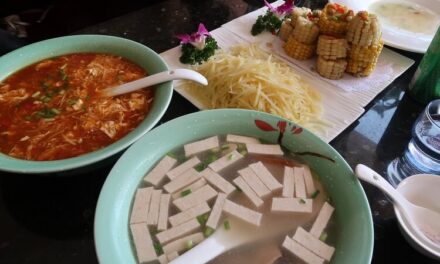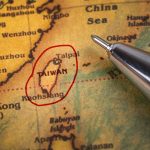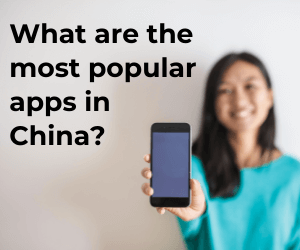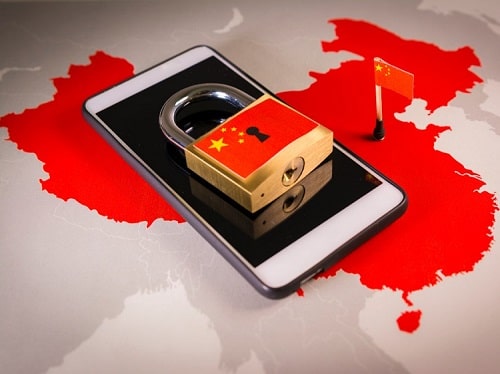China has a diverse range of dishes to try including turtle, frog and even dog meat. In this blog, however, I’ll be concentrating on one very specific type of food, namely eggs.
Yes, eggs!
What’s so special about eggs in China then? A breakfast staple in many countries, they come from chickens and can be served boiled, fried, poached or scrambled.
That’s about it, right? Wrong!
In China, the types of eggs that you can eat are almost as varied as the other Chinese dishes that you can try.
Let me introduce you to the most common eggs in China.
1. Brown chicken eggs
Most Westerners would be familiar with brown chicken eggs. This is what you would normally find for sale in your own country.
So, if you like to have an egg or two for breakfast, you won’t have to give this up when you come to China.
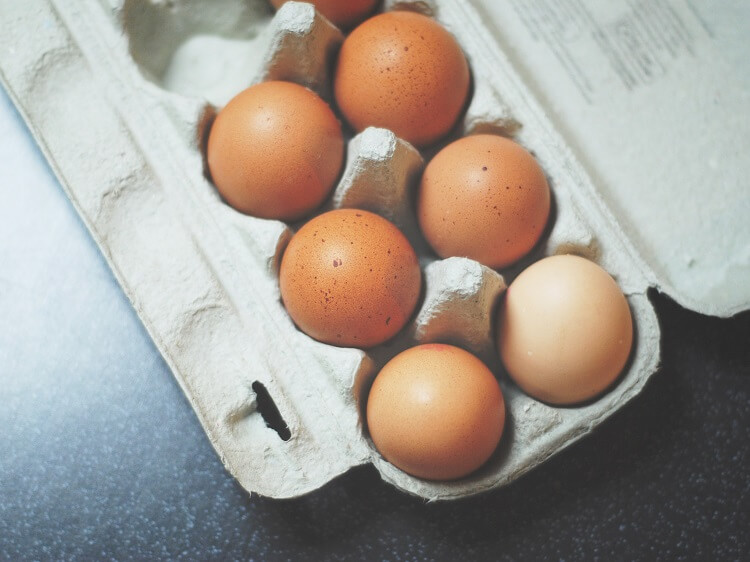
Brown chicken eggs are available in China.
2. White chicken eggs
White chicken eggs are laid by a different species of chicken.
Their shell is thinner and more brittle compared to the brown-shelled variety. Also, they’re generally slightly smaller.
In China, there is even a special variety of white chicken egg which is used as a remedy for dizziness!
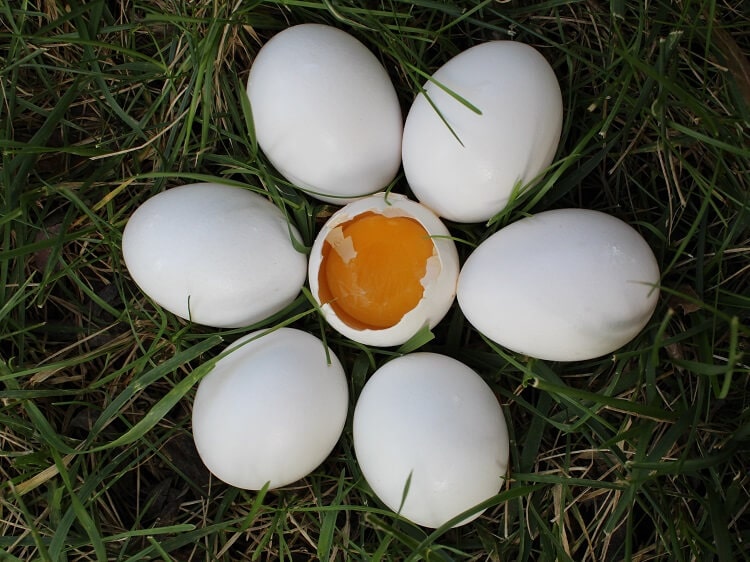
White chicken eggs have thinner shells than their brown counterparts.
3. Century eggs or ‘pidan’
How would you fancy eating a 100-year-old egg?
“Ewww, yuck, eat a century-old fossil? Will that not make me ill?” I hear you ask.
Fortunately, these eggs (from ducks, by the way) are neither old nor rotten. They have merely been chemically treated to make them look like they have been sitting around for centuries.
The ‘egg white’ resembles brown jelly and the yolk is greenish-grey. It does have a rather strong taste but is perfectly safe to eat in moderation.
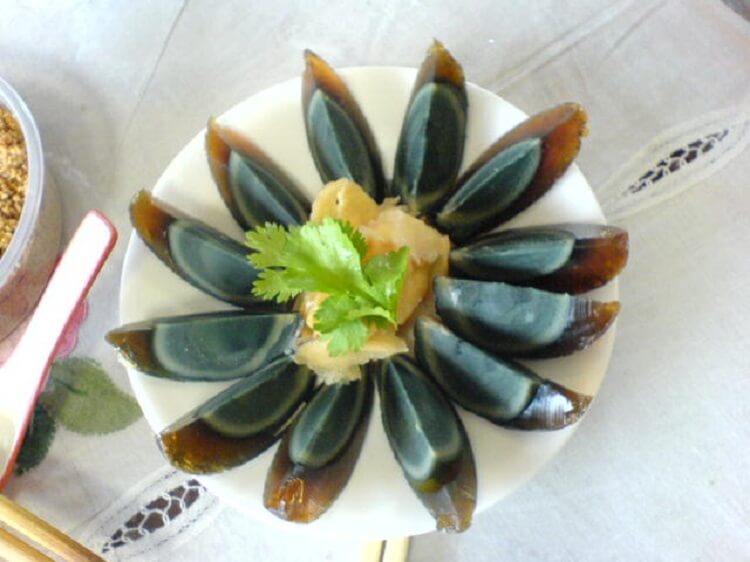
Century eggs are popular across China (Photo: irrational_cat on Flickr).
A few years ago, 30 factories making this delicacy were closed down for using industrial copper sulphate. This is a toxic chemical that helps expedite the egg-festering process.
I stopped eating this egg a while ago due to the strong taste (not the chemical scare!).
While the century egg draws a following from the older generation in China as well as curious travellers, the eggs have fallen out of favour with many young people who are weary of China’s preserved and fermented foods.
4. Salt eggs
Also made from duck eggs, salt eggs are a sort of preserved egg made by soaking them in brine or packing them in damp, salted charcoal.
The inside has the appearance and texture of a hard-boiled chicken egg but the taste is of course salty! The yoke is used in Chinese mooncakes to symbolize the moon.
Both salt eggs and century eggs are sold individually, wrapped in plastic and vacuum-packed.
It’s quite difficult to peel the shell from this egg without removing some of the egg itself.
Once the shell is off, it is likely that the egg will look rather ‘wonky’ instead of being of a smooth oval shape.
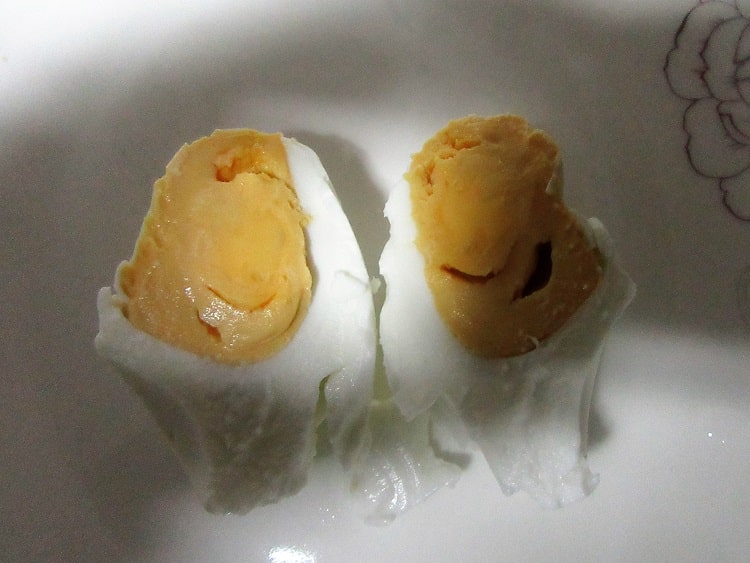
Salt egg in China.
5. Quail eggs
These types of eggs are rather small (about 1.5-2 cm in diameter).
The shell color ranges from a pale beige to yellowy-brown and is covered with dark spots or patches.
When hard-boiled, the interior has the same appearance (apart from the obvious difference in size) and texture as chicken eggs.
These eggs taste just like chicken eggs too.
6. Bantum eggs
Slightly smaller than chicken eggs but with a proportionately larger yolk, bantum eggs are quite difficult to accurately describe because there are many different breeds of bantum chickens.
There will be slight differences in the color and size of the egg of each breed. The taste, however, is pretty much the same as their larger counterparts.
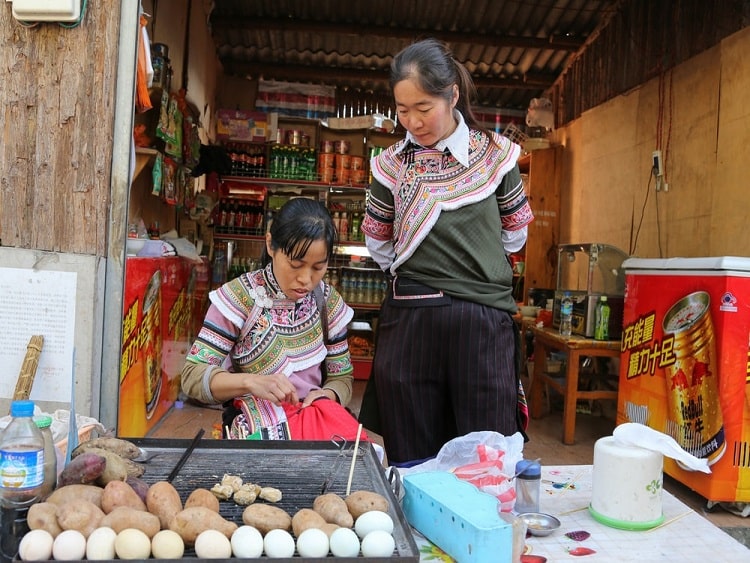
Ethnic Chinese women selling eggs in Yuanyang, Yunnan province.
7. Pre-laid eggs
Those of you from the UK would be familiar with the meal, fish and chips. One of my favorite dishes from a fish and chips shop is cod roe.
Pre-laid eggs are obtained using the same method, i.e. the chicken is gutted and the egg sack containing eggs that have not yet been laid is carefully removed.
This looks like a string of yolks attached to a section of intestine.
I have not tried this egg but I cannot imagine an unhatched egg tasting a lot different to a hatched one. Comment below if you find otherwise.
8. Goose eggs
Goose eggs are quite large and have a very distinct flavor.
They are perhaps one of the rarer Chinese delicacies as you cannot buy them from supermarkets.
Those wanting to try them would have to buy or order them direct from farms that rear geese for the market.
Goose eggs are therefore not commonly eaten in China’s big cities.
How much are eggs in China?
The price of eggs in China is based on weight.
In a medium sized city, brown chicken eggs are about RMB 20 per kilogram. That’s approximately US$3.
As an example, a pre-packed bag of 13-15 eggs costs around RMB 16 (just over US$2).
In China, you’ll hear the word ‘jin’ when eggs are weighed. A jin is a metric unit equal to 500 grams (1.102 pounds). The kilogram itself is called the ‘gong jin’, or metric jin.
The price of eggs in China will differ slightly depending on the weight, where you are in China, and where you buy them from.
Where can you buy eggs in China?
Most eggs in China are sold loose in markets.
If you can’t speak Chinese, just point or pick up how many you want.
You can also buy eggs in supermarkets, usually in cardboard cartons for a set price.
Whether you buy your eggs at the market or supermarket, you can rest assured they’re available across the country.
Chinese people love their eggs!
So there you have it – a simple guide to the types of eggs you can eat in China.
Next, take a read of the the most popular foods in China.



